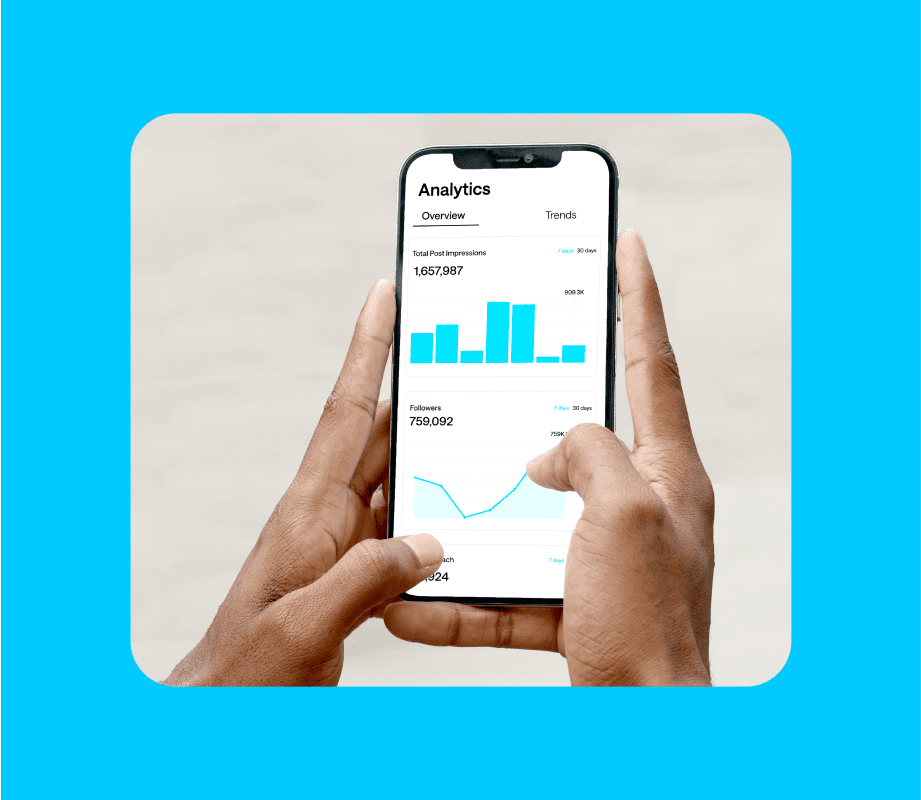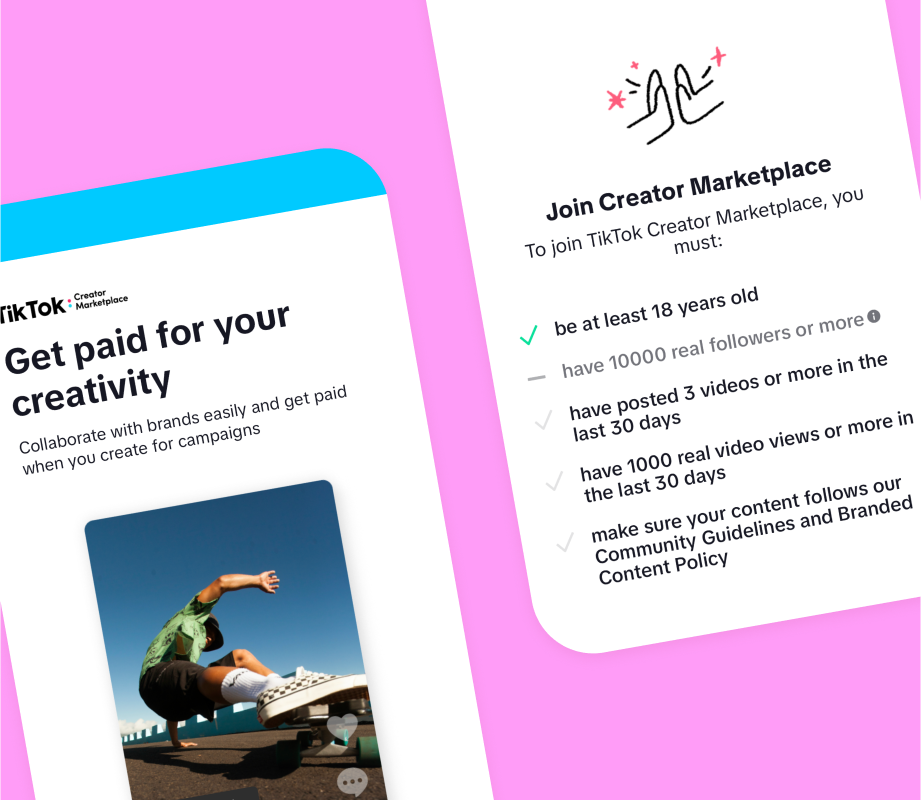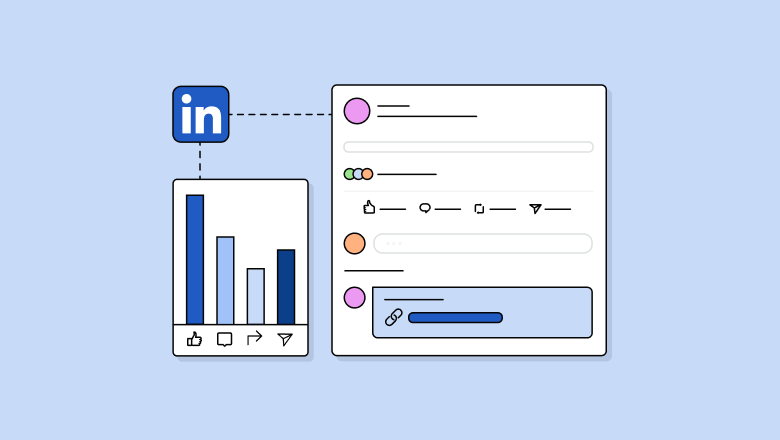How to Budget for Your Book Launch
Each author’s budget is different, but these guiding principles can help frame your decisions about where to spend and where to save.


Today’s post is by author Joel Pitney, founder of Launch My Book.
Many aspiring authors start their book journey without a clear budget. It’s only natural. Most people who want to write a book are so caught up in the challenge of writing that they don’t spend much time thinking about the many things they will likely have to spend money on as they move from idea to published book to promotions.
But if you don’t have a clear plan, you’re going to end up budgeting by default, and this usually creates problems (which you probably already know from running your household budget!). Without a clear book launch budget, you may mistakenly spend too much money on the wrong things and not enough on the right things. And you’ll probably run out of money before you reach the end of the road.
I’ve seen this scenario play out countless times. Authors spend a large portion of their budget up front, working with a developmental editor and a copyeditor. And although these are critical steps in the creative process, they aren’t the end of the book launching journey. So it’s unfortunate when authors don’t have enough money left over to invest in the final pieces of the puzzle: creating a professional cover, developing multiple formats of the book, and—of course—promoting it. They end up investing such a tremendous amount of time and money to create a product that they can’t effectively run promotions!
I decided to write this article to help authors avoid this all-too-common scenario. Think of it as a book launch budgeting primer. I want to give you, the author, a sense of what you need to budget for within each stage of your book launch campaign, where you might cut corners and where you should not, and what kind of profits you can expect. Of course, there’s no one-size-fits-all approach to book budgeting, so I’ve tried to keep this pretty high level so you can come up with your own plan.
5 book launch budgeting principles
I’m a principles guy, by which I mean that I believe it’s important to focus as much on the mindset you bring to any task as you do to the tactical strategy. Given that book launch budgeting is so variable, I find that it’s best to focus primarily on some guiding principles that will frame your decisions about where to spend and where to save. If you want a more comprehensive breakdown of the general budgeting parameter for each dimension of the book launch process, including how much you can expect to pay, where to save and where to invest, check out my free ebook on the topic.
1. You need to budget for ALL dimensions of your book launch
If you want to avoid running out of money before the end of your launch, it’s crucial that you plan for EVERY dimension of the process, from writing to publishing to promoting your book. In this article, I identify four main areas where you can spend money on your book. The first two pertain to developing the highest quality product possible—what I am calling production for the purposes of this budgeting exercise. The second two both fall into the marketing category, but I’ve separated them into platform building and promotion because these tend to be a little different from each other.
Production elements of your budget:
- Writing and/or editing your book
- Designing and publishing your book
Marketing elements of your budget:
- Building a platform for your book
- Promoting your book
2. DIY what you can, and hire experts for what you can’t
If we all had infinite resources, we could hire people to fulfill virtually every aspect of a book campaign, from writing and publishing to promotion. But most of us don’t. You have to choose when to hire professionals and which areas to take on personally (aka, Do It Yourself, or DIY). This decision will depend on your time, aptitude, and interest. For example, you might have solid networking and social media skills which you can apply towards marketing, but have no experience with graphic design. So you might choose to spend money on a good cover designer while doing a lot of the marketing yourself.
3. Plan for a marathon, not a sprint
Many people, especially those who are self-publishing, think the book launch process should move quickly. Based on a lot of popular but incorrect information out there in the book world, many authors mistakenly think that if their book doesn’t succeed right up front, then it’s a failure. But that’s simply not true. Growing an audience for your book takes time, consistency, and considerable effort. So when you’re budgeting, make sure to keep this in mind. Don’t overspend on the initial launch and have no money reserved to keep experimenting into the future. Focus as much on building a sustainable platform (more on this below) as you do on running short-term promotions.
4. Don’t expect to make your money back … right away
I might be a bit controversial (and maybe unpopular) for this, but I tell every author I speak to how important it is not to expect to make your money back, at least right away. But I believe that any good plan needs to be sober, clear-eyed, and based on the truth. Most first time authors simply don’t earn back through book sales alone all the money they’ve invested upfront. Of course there are other ways for some authors to monetize their book sales beyond royalties, like selling courses or consulting packages to readers. But if we’re talking about the economics of book royalties alone, it is rare for an author to make their money back on their first book.
As Michael Larsen (author of How to Write a Book Proposal) told me in a recent interview, the vast majority of writers don’t make money until at least their third book. It takes that long to build a big enough audience for your work for you to become profitable. You have to think about your writing career like starting a business. It takes years of building a client base to turn a profit, and your first readers will cost you the most to acquire. So when you’re making your budgetary calculations, you need to think at that scale. And don’t be fooled into thinking that your first book needs to turn a profit in order to be a success.
5. Save at least 33% of your budget for marketing
This principle naturally builds upon #3 (plan for a marathon, not a sprint). While you should do a lot of the platform-building work yourself, you should set aside a decent chunk of change for various promotional activities. The thing about book promotions is that they are not one size fits all, and you’ll likely need to test different tactics to figure out what combination works for your particular book. Having money set aside will give you more freedom to experiment. Reserve at a minimum thirty-three percent of your overall budget. This will make it possible to hire for specific services that you can’t do yourself, like digital advertising, social media, or publicity.
Your own personal calculus
So how much should you budget for your launch? It depends! Some authors will hire professionals for the items we’ve explored. Others will choose to take the DIY route. Your choices depend on your budget, skillset, proclivities, and goals. It will also look different for your first book than it will if you continue to write and publish, as the audience for your writing grows and you start to earn sales income to fund future launches.
I think it’s crucial that everyone build a budget for their launch, even with imperfect information. The simple act of doing it will put you in the right mindset for running a successful launch. If you’d like a more detailed tool for building your budget, you can download my full Book Launch Budgeting ebook (it’s free!). In it, I lay out some general budget ranges for all the various components of a book launch. I also provide some concrete opportunities for where you can cut corners or DIY, and give you a sense of the “you get what you pay for” factor for each dimension. Finally, the free ebook includes a worksheet for you to build your own book launch budget.























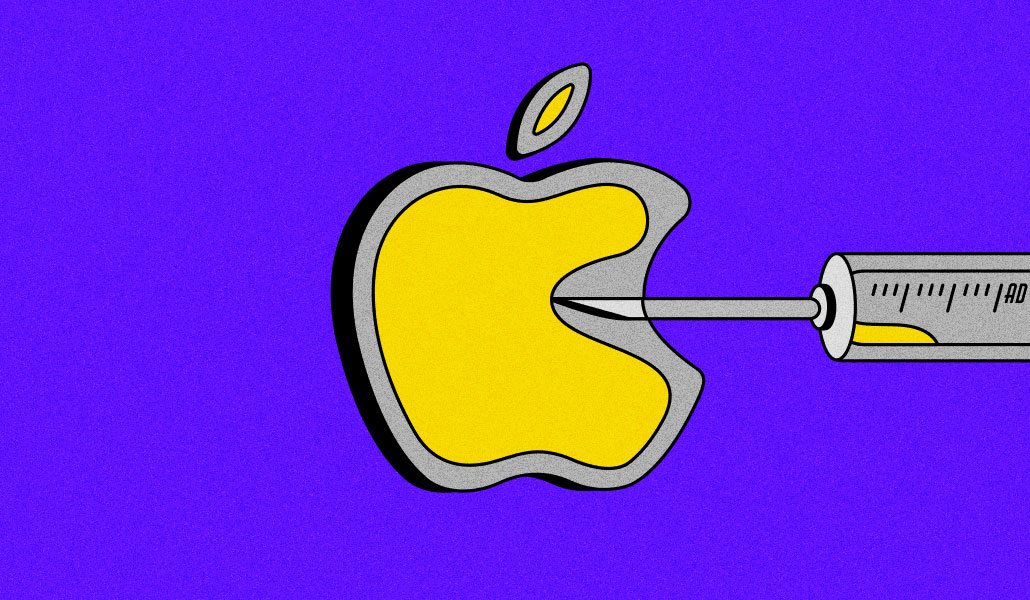













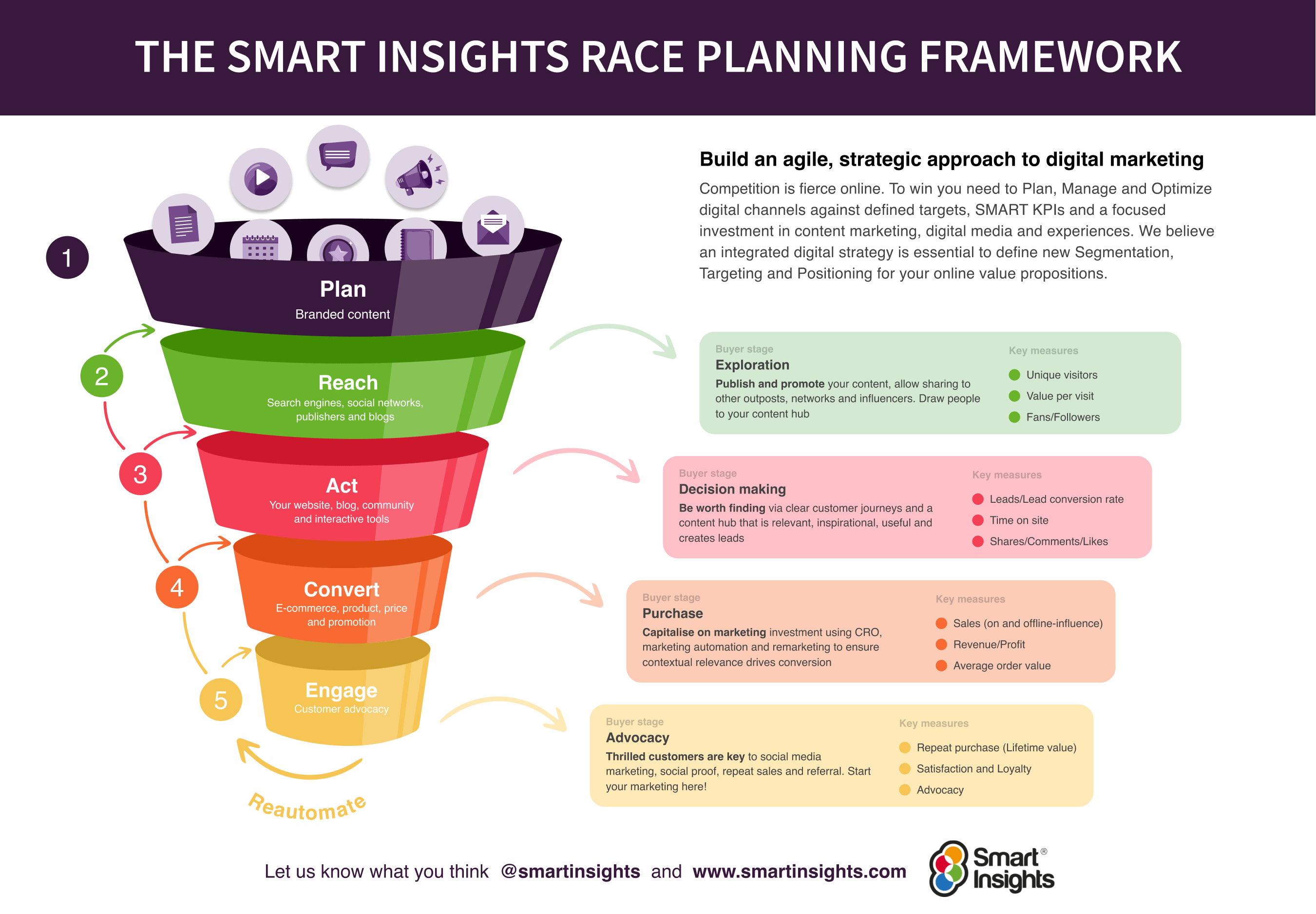
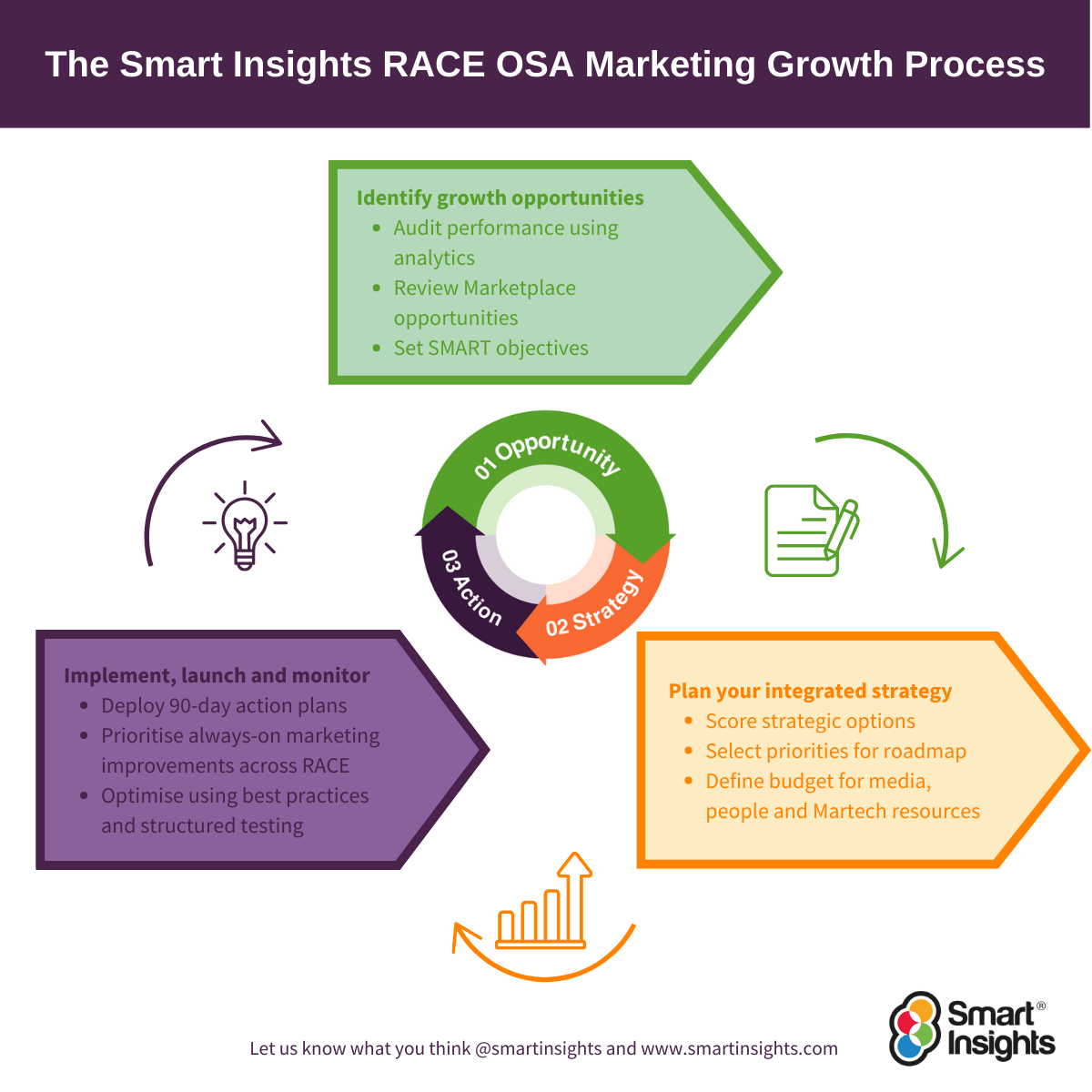









![How Marketers Are Using AI for Writing [Survey]](https://www.growandconvert.com/wp-content/uploads/2025/03/ai-for-writing-1024x682.jpg)







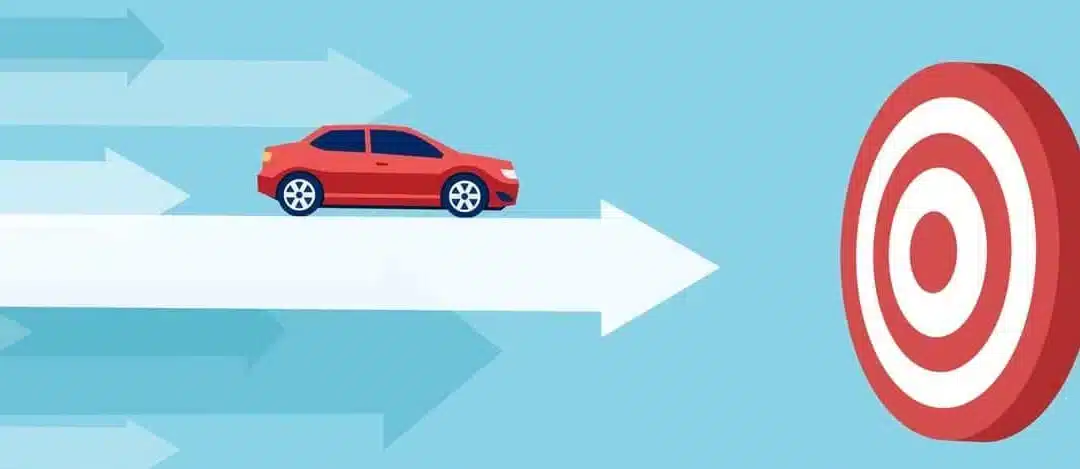






































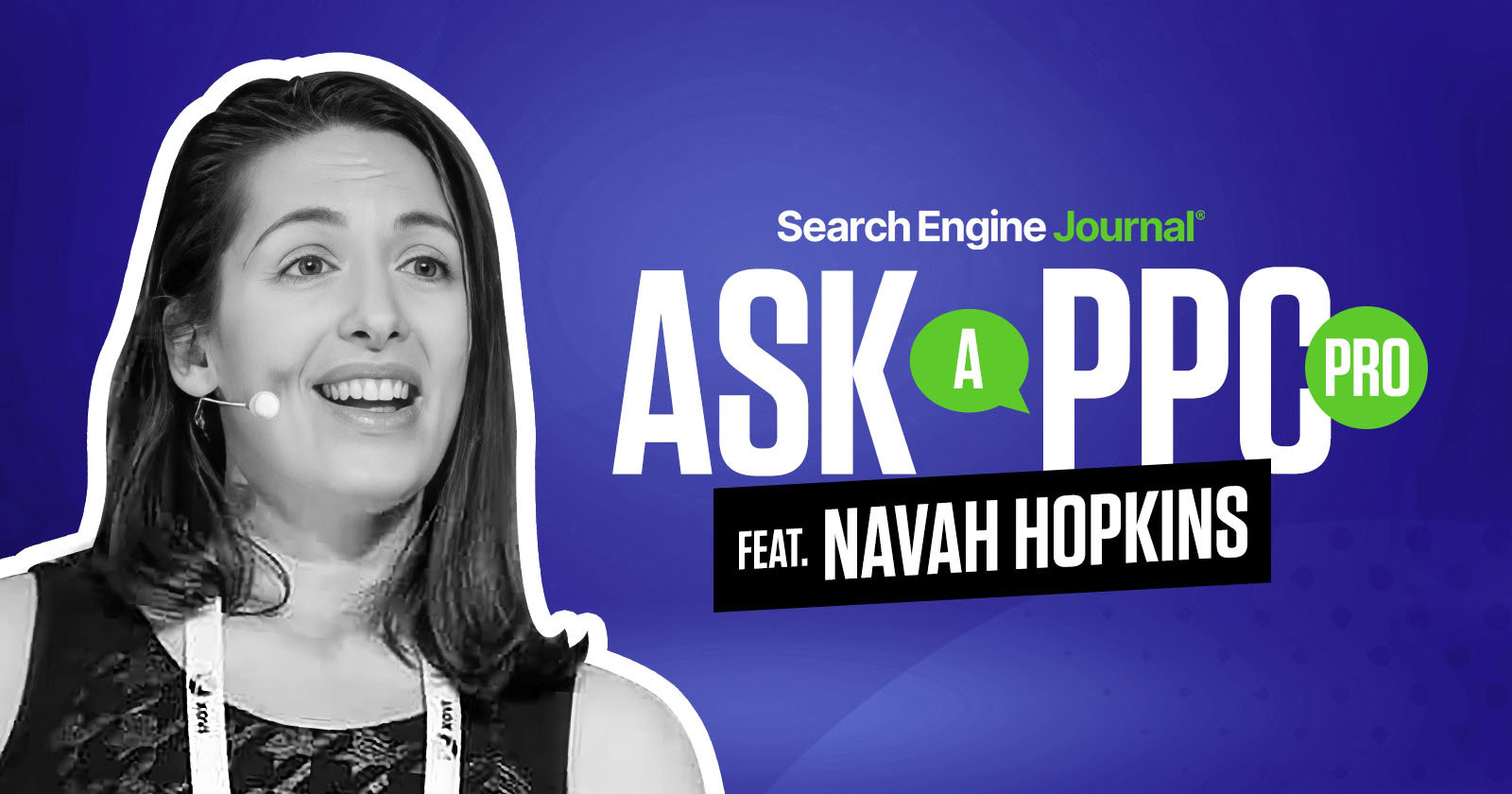

![31 Top Social Media Platforms in 2025 [+ Marketing Tips]](https://static.semrush.com/blog/uploads/media/0b/40/0b40fe7015c46ea017490203e239364a/most-popular-social-media-platforms.svg)



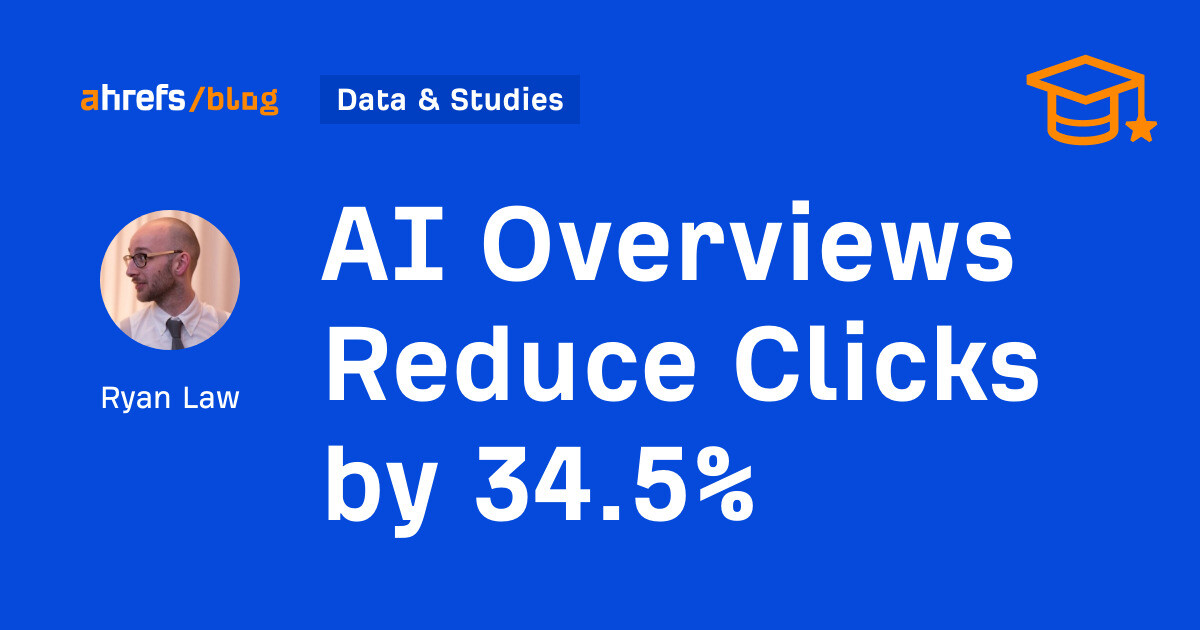


![7 Days, 7 Posts: A Simple Strategy to Grow on LinkedIn [Infographic]](https://imgproxy.divecdn.com/7epzwm9-fB6KXqQAejiRwM9a7W7L7TDsZIpMgqiNbSc/g:ce/rs:fit:770:435/Z3M6Ly9kaXZlc2l0ZS1zdG9yYWdlL2RpdmVpbWFnZS9zdGFydF9wb3N0aW5nX2xpbmtlZGluMi5wbmc=.webp)

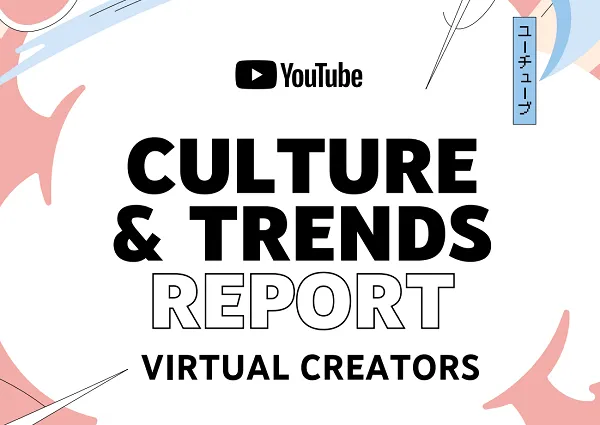
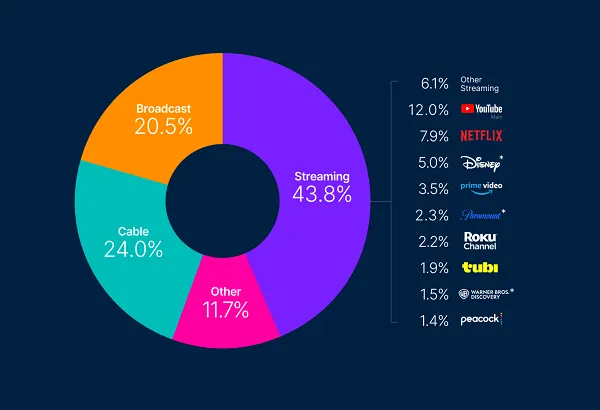













![Gated Content: What Marketers Need to Know [+ Examples]](https://www.hubspot.com/hubfs/UNGated%20Content.png)


